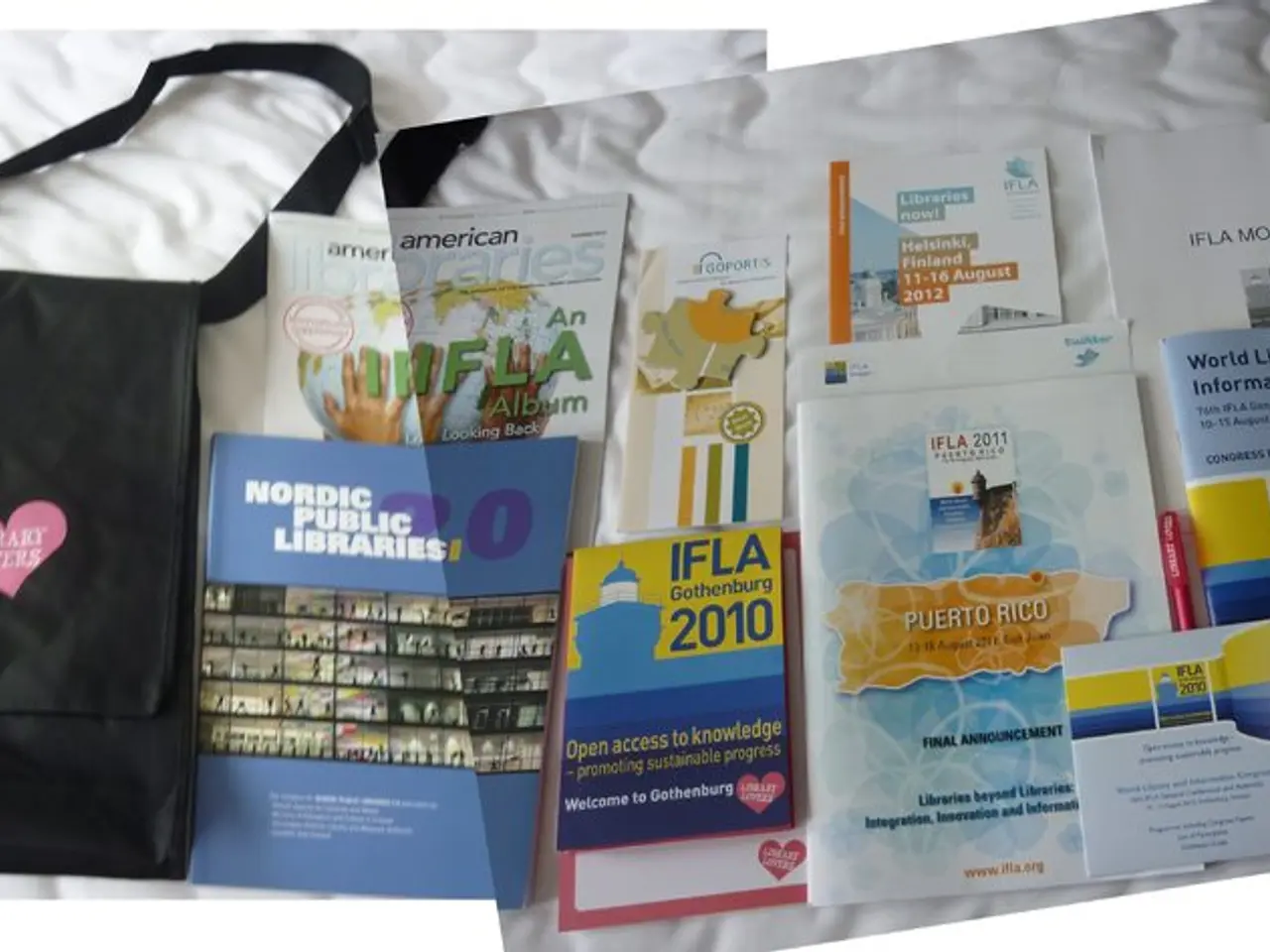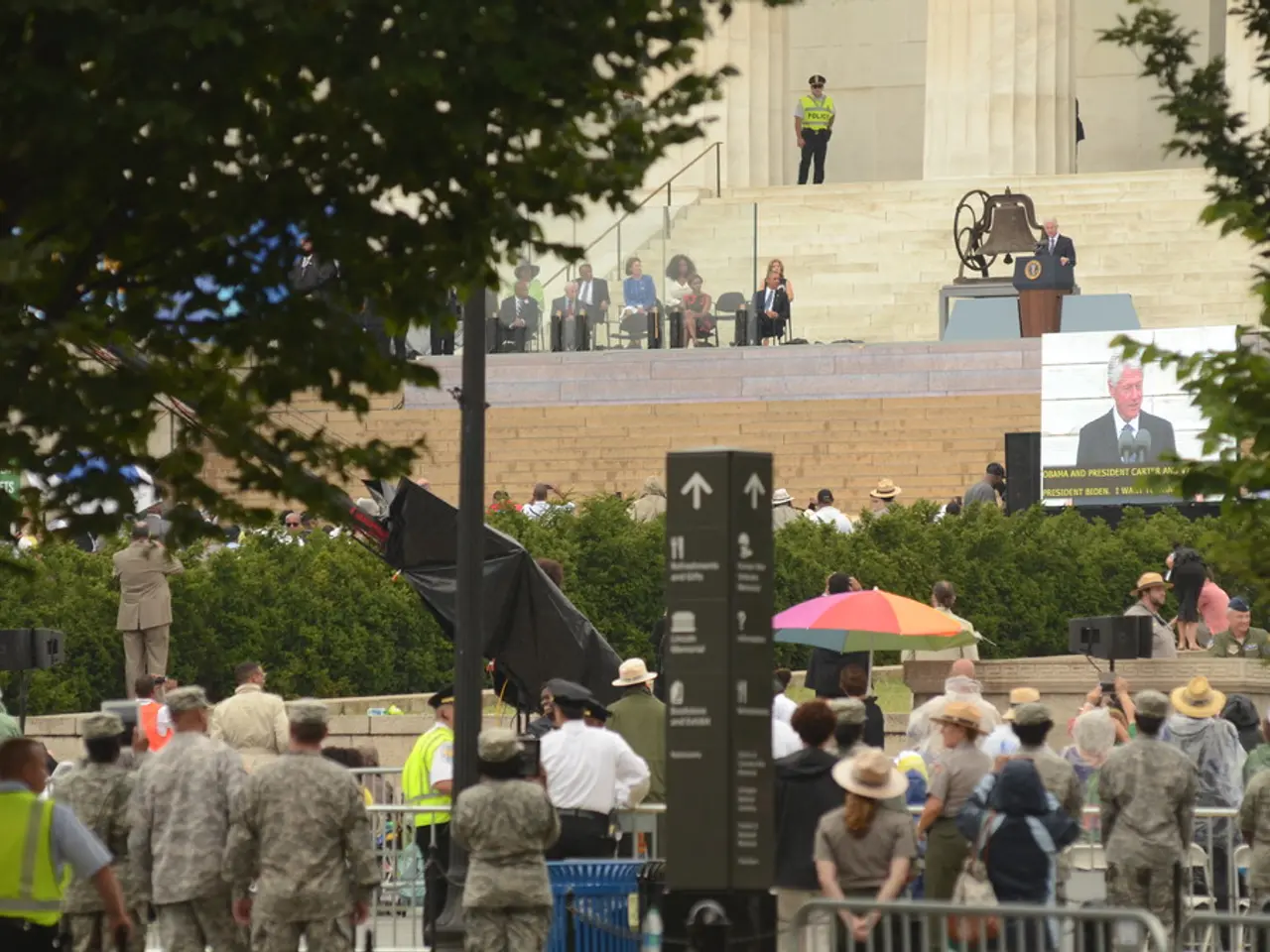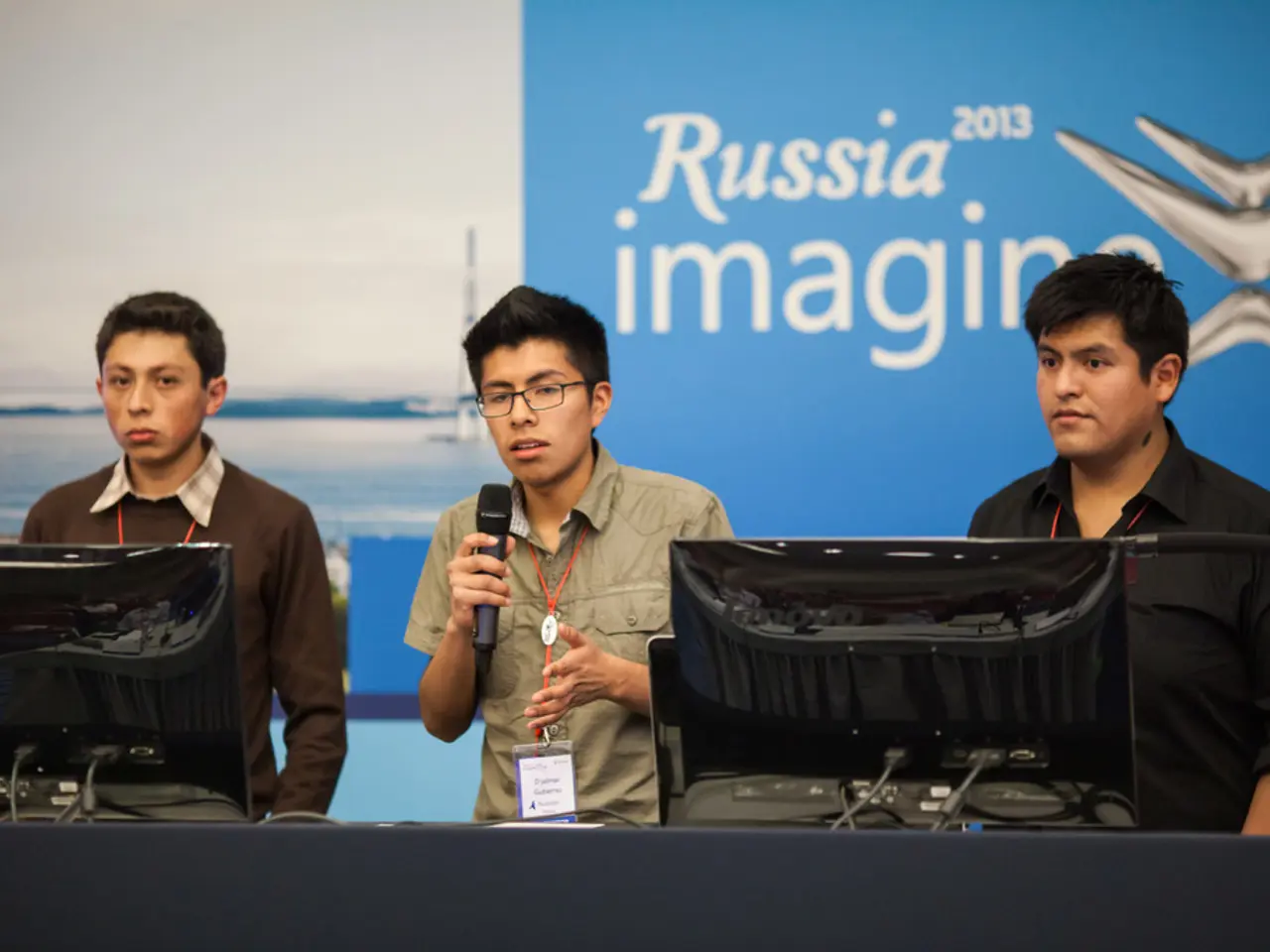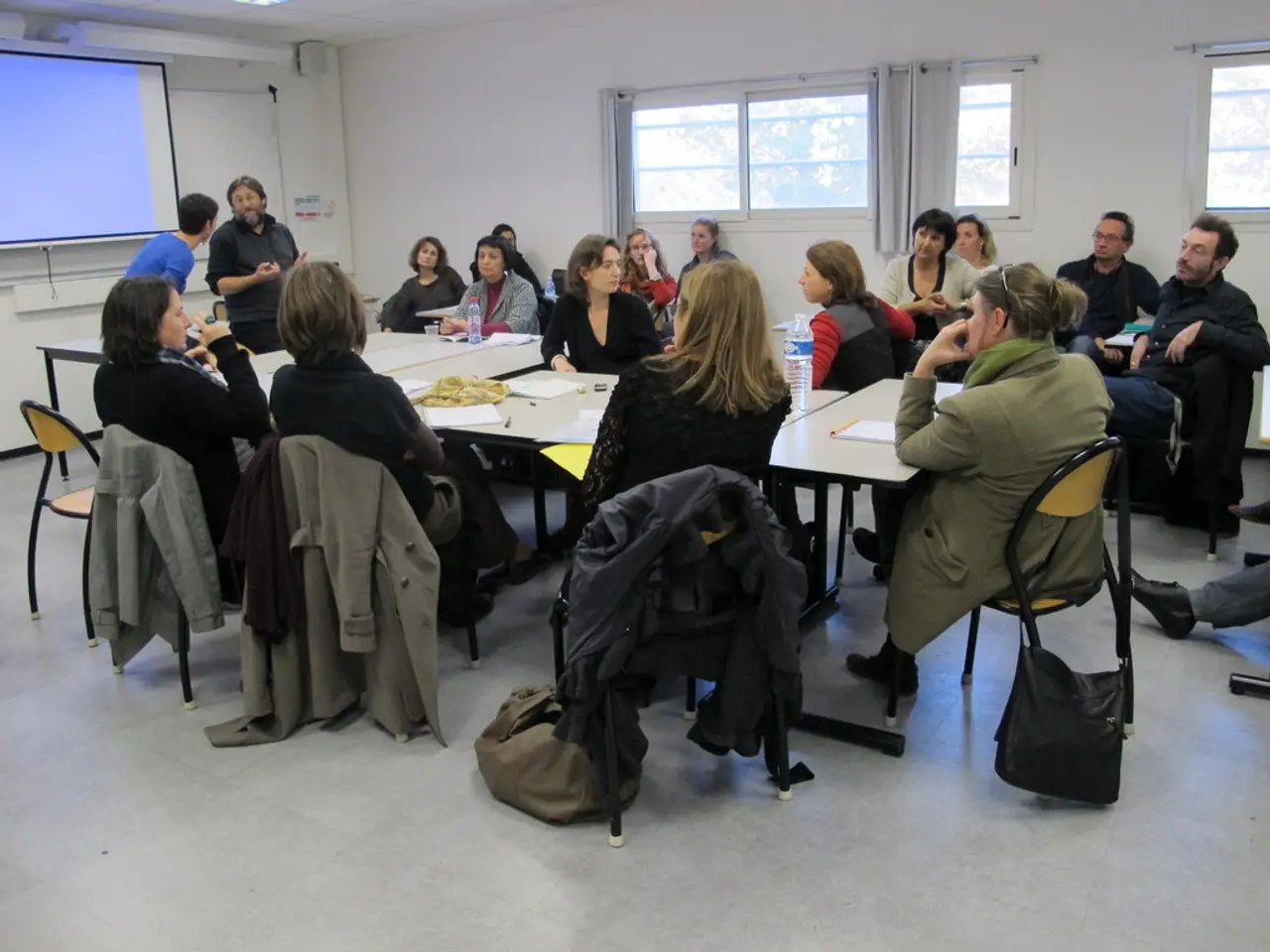Images of Jenna's Downfall
In the heart of Amman, Jordan, Jenna, a woman in her late 30s, continues her life as a refugee in the Hashmi Shmali neighbourhood. This is where Jenna, her mother Um Jenna, and her father Bassam once called home.
By 2009, when the author and her mother arrived in Jordan from the U.S., Jenna's family was already marked by displacement. The War on Terror had forced 1.8 million Iraqis from their homes, with 37 million people displaced globally. Jenna's family was part of a much larger diaspora, a testament to the permanent transformation of Iraqi civil society.
The family's story is a poignant reflection of this transformation. Bassam, Jenna's father, was once a renowned horse trainer, but tragedy struck when his oldest son was killed by the U.S. military or a bomb. His second son met a similar fate in a car bomb. Bassam mourned the loss of his sons and the shrinking of his family, expressing gratitude for his two remaining daughters, including Jenna.
Jenna worked at a Jordanian nonprofit in 2013, although it is unclear if she was on the paid staff. Despite the hardships, she held onto hope, expressing a desire to fly a kite together with someone.
Sadly, Jenna's last living sibling passed away in 2012, three months after Bassam's death. Jenna is now the only surviving member of her immediate family.
The author, who lived in Hashmi Shmali in 2009, worked as medical resettlement advocates for Iraqi refugees. Many of the neighbours would be resettled within the year, with some going to Canada, Australia, and Germany. The author and her mother returned to the U.S., leaving Jenna and her family behind.
Over the years, Jenna and her family moved from their previous home in 2011. By 2021, the nonprofit where Jenna worked had relocated, and the author had lost contact with Jenna. Despite this, Jenna remains part of the refugee community in Jordan, maintaining family ties despite the tragedies they have endured.
The author's research in Amman focused on Jenna's family, shedding light on how a traumatic event can ripple through an entire family line. This research was part of an ongoing commitment to "ethnographic transhumance," a form of rhythmic departure and return to and from a place over one's lifetime.
The author formed lifelong friendships with families in Hashmi Shmali, many of whom eventually moved to different parts of the world, while others remained due to various circumstances.
The U.S. government's actions during the war, including the illegal preemptive war launched in 2003 based on the now debunked claim of weapons of mass destruction, had a profound impact on Iraq and its people. Over the course of the war, the U.S. dropped more than 29,000 bombs, committed war crimes such as targeting of hospitals and electricity, the Nisour Square massacre, militia kidnappings and torture, and widespread looting of museums.
Jenna's story is a testament to the resilience of the human spirit in the face of adversity. Despite the hardships she has faced, she continues to live with hope and grace in Hashmi Shmali, Amman, Jordan.
Politics and general news continue to shape the lives of Jenna and her family, as their story reflects the ongoing impacts of war-and-conflicts, especially the War on Terror and its aftermath in Iraq. This traumatic event has rippled through their family line, with Jenna being the only surviving member of her immediate family, and their displacement being a testament to the permanent transformation of Iraqi civil society.








